DM-03 - Relational DBMS and their Spatial Extensions
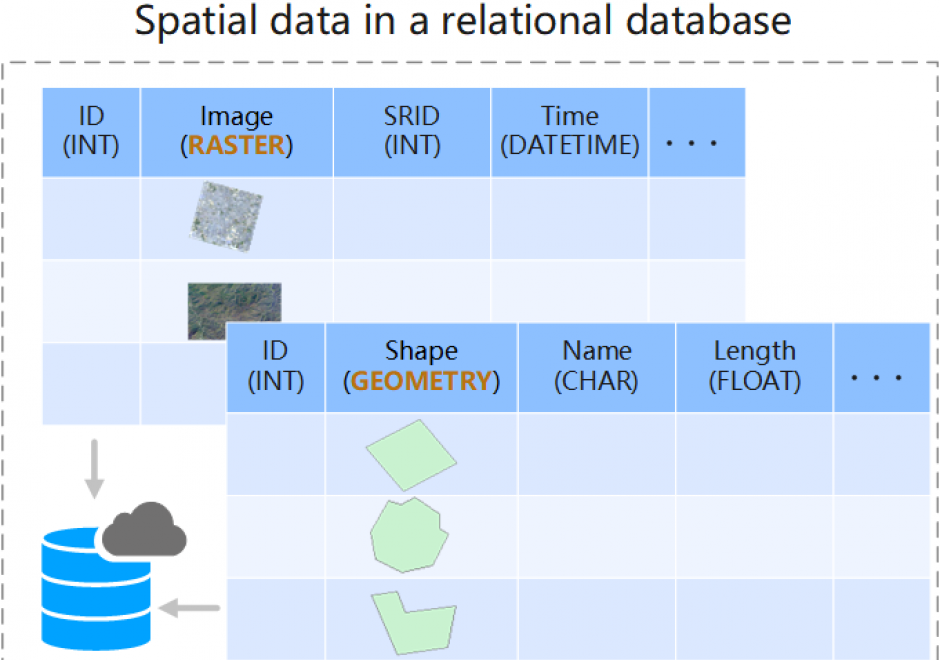
The relational Database Management System (DBMS) is widely used in modern business systems. Entities and relationships from a data model are presented as relational tables. To store data in a relational database, a relation schema should be defined to specify the design and structure of relations. The schema design generally uses database normalization to reduce data redundancy and maintain data integrity. Users can retrieve and manage data in a relational database using Structured Query Language (SQL). To make spatial data fit the relational model, spatial vector geometry or raster data type can be customized by extending basic data types in relational databases. This further helps derive the so-called spatial object-relational DBMS, by manipulating vector geometry and/or raster data types as spatial objects using SQL queries. The performance of queries is improved by adding spatial indexes in relational databases.


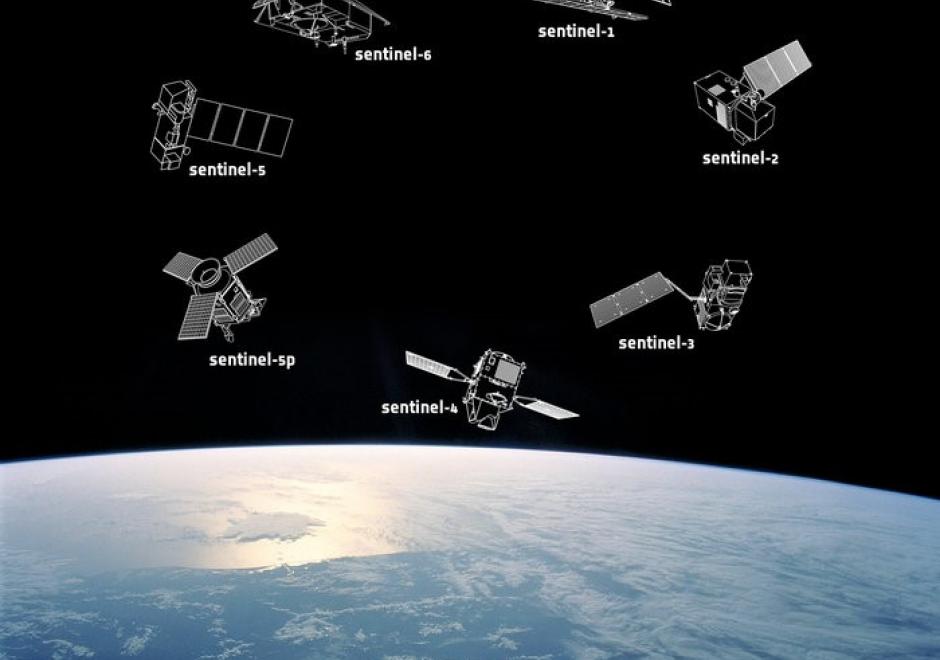
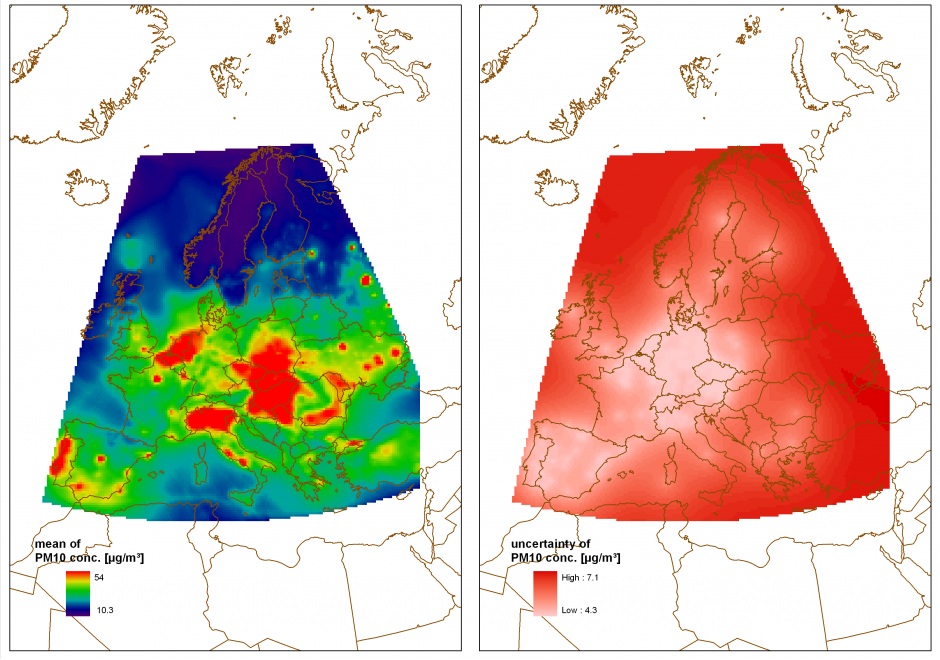
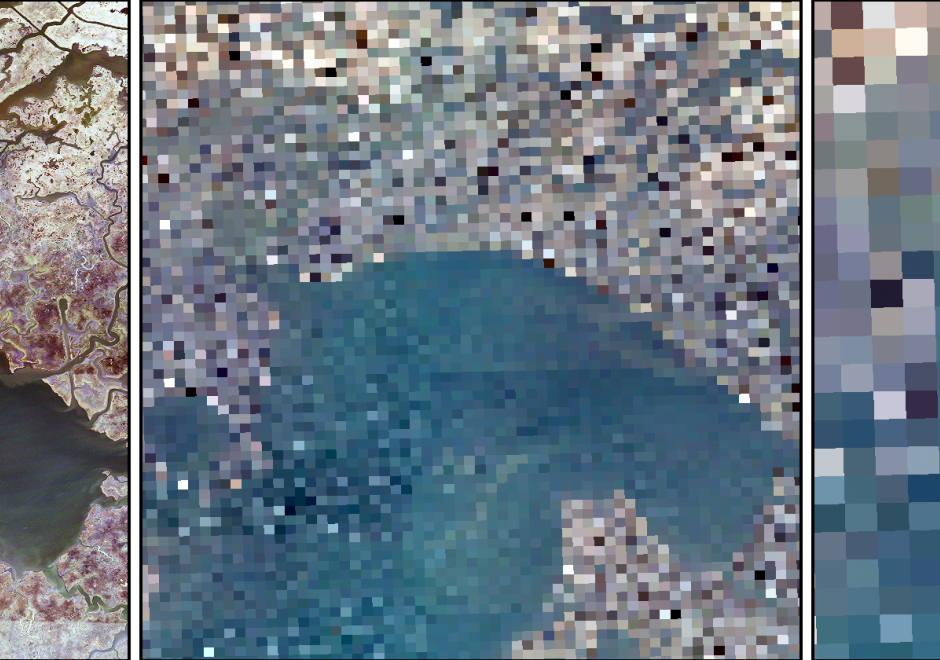
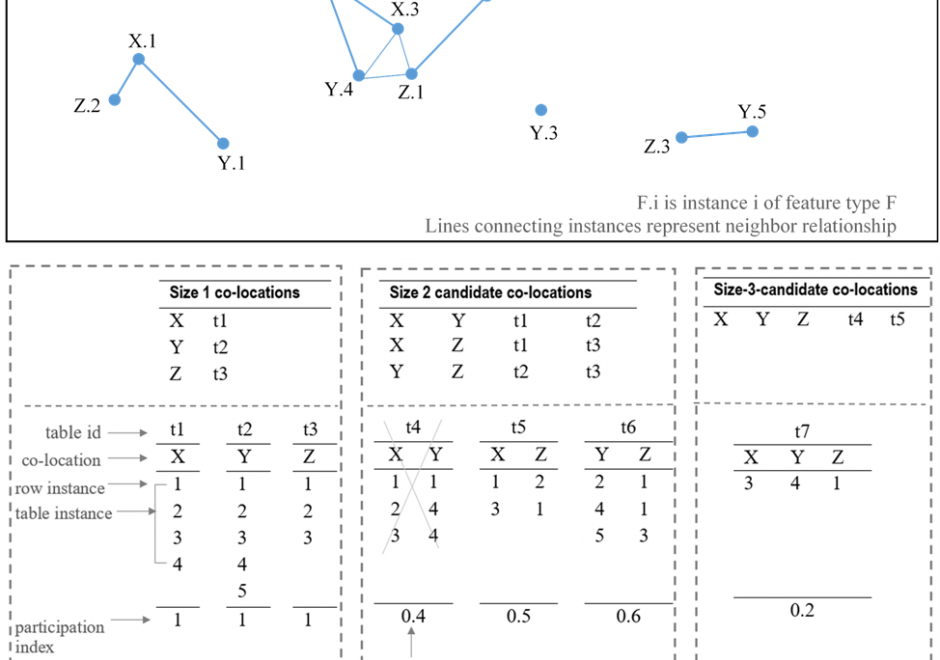
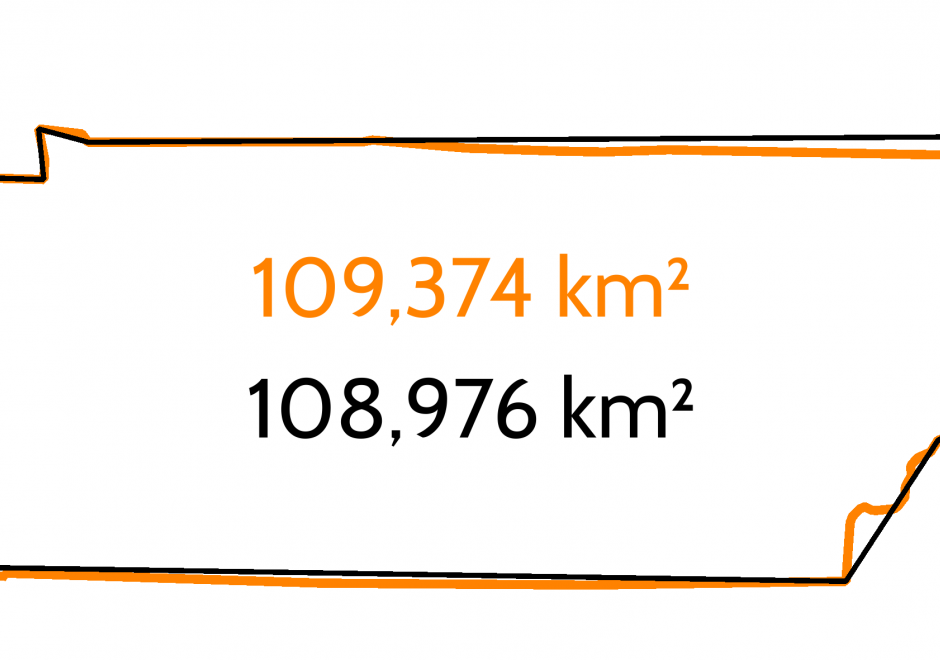
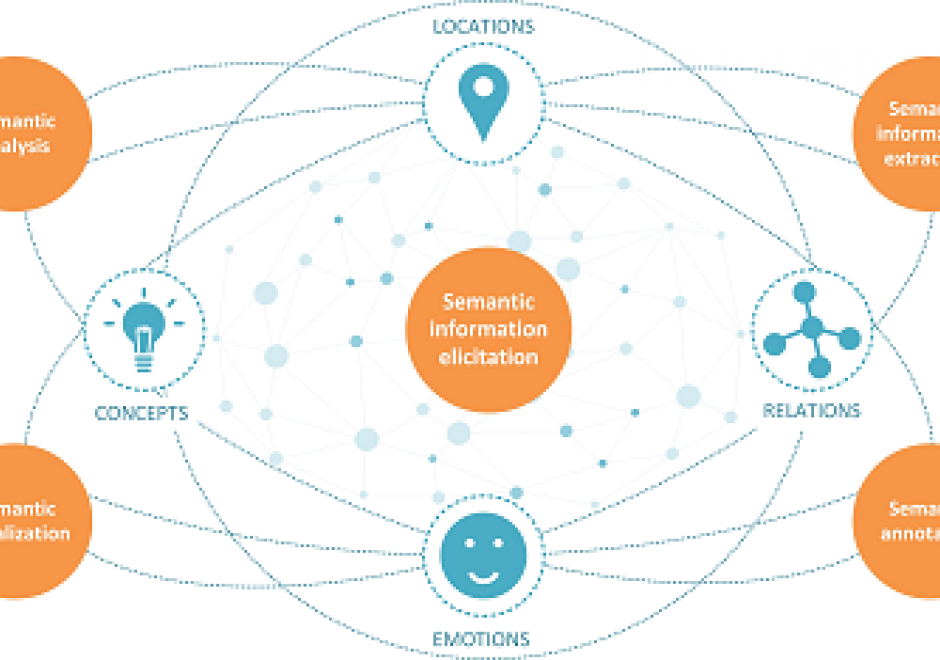
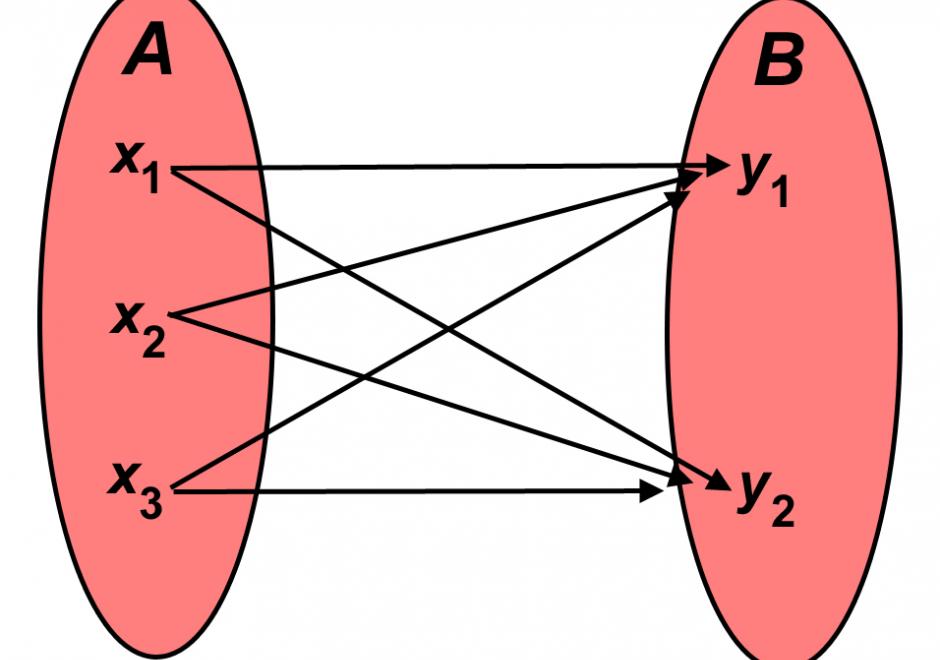
PD-20 - Real-time GIS Programming and Geocomputation
Streaming data generated continuously from sensor networks, mobile devices, social media platforms and other edge devices have posed significant challenges to existing computing platforms for achieving both high throughput and low latency data processing in addition to scalable computing. This entry introduces a real-time computing and programming platform for time-critical GIS (Geographic Information System) applications. In this platform, advanced streaming data processing software, such as Apache Kafka and Spark Streaming, are integrated to enable data analytics in real-time. This computing platform can also be extended to integrate GeoAI (Geospatial Artificial Intelligence) based machine learning models to leverage both historical and streaming data to achieve real-time prediction and intelligent geospatial analytics. Two real-time geospatial applications in terms of flood simulation and climate data visualization are introduced to demonstrate how real-time programming and computing can help tackle real-world problems with important societal impacts.